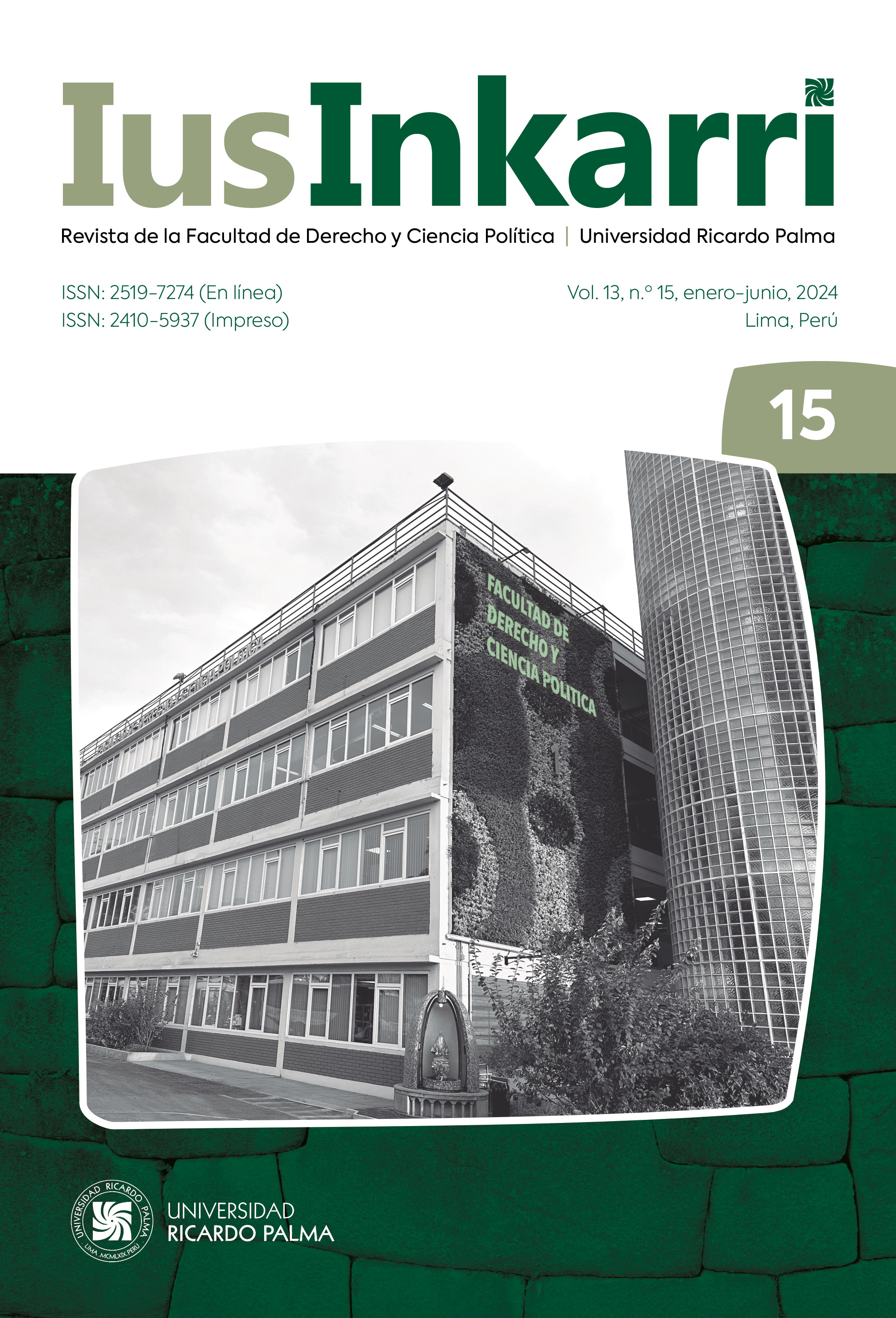Love or Justice: Emotions and Feelings in Criminal Justice
DOI:
https://doi.org/10.59885/iusinkarri.2024.v13n15.09Keywords:
criminal justice, emotions, emotivismAbstract
The article reviews the place that legal theory has recognized for emotions and feelings within criminal justice. Based on documentary research, two main models that have been developed in this regard are outlined: the dominant model of judicial rationalism, which poses a dichotomy between reason and emotions, and the model of judicial emotivism, which claims the relevance of emotions in law and justice. Proposing an ideal of cordial criminal justice as desirable is concluded. In this ideal, the judge resolves rationally as he is obliged to do, but his own emotions and those of the parties, which he can glimpse in an empathetic way, are his motivation.
Downloads
Downloads
Published
How to Cite
Issue
Section
License
Copyright (c) 2024 Roberto Carlos Fonseca Luján

This work is licensed under a Creative Commons Attribution 4.0 International License.













